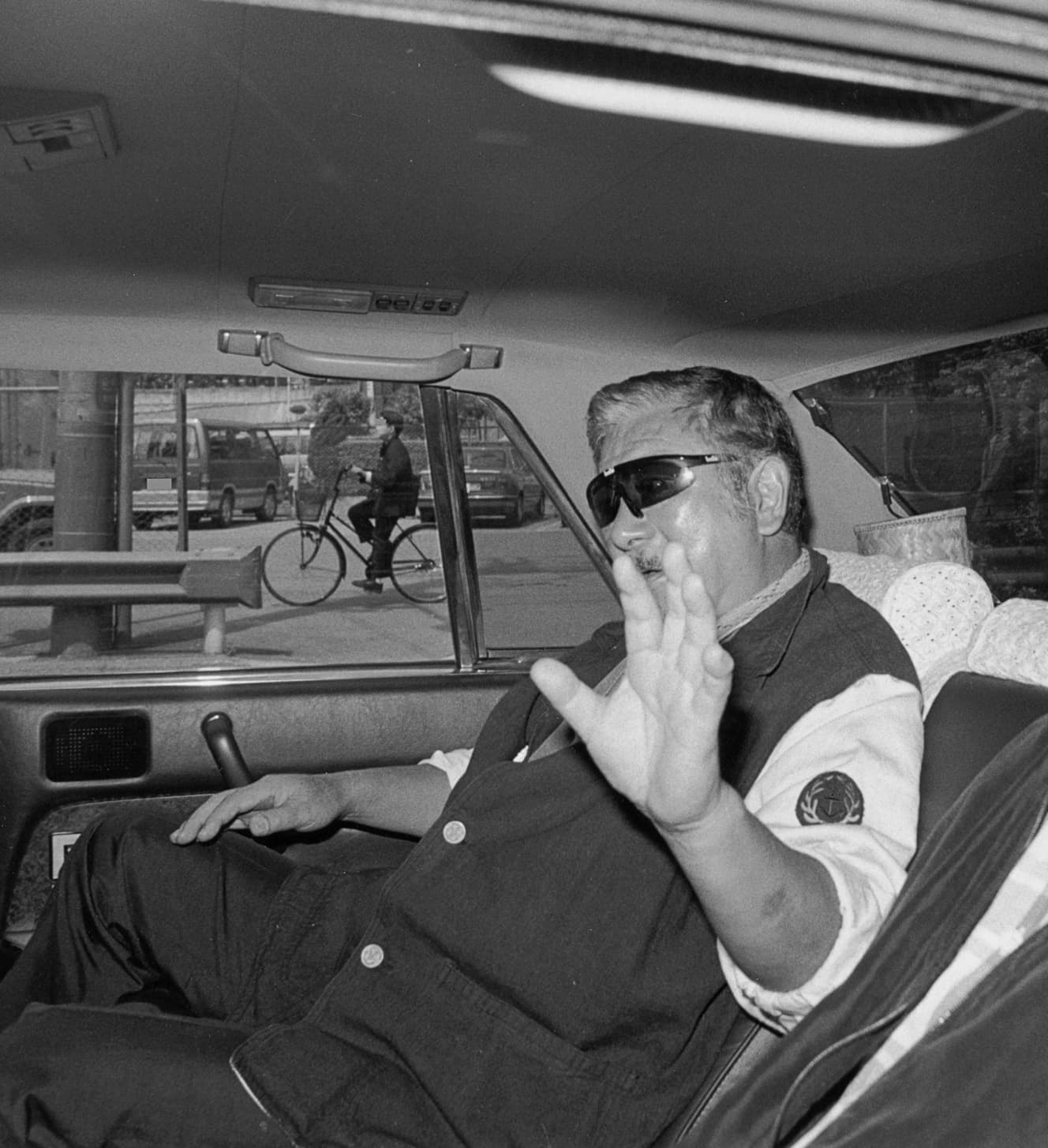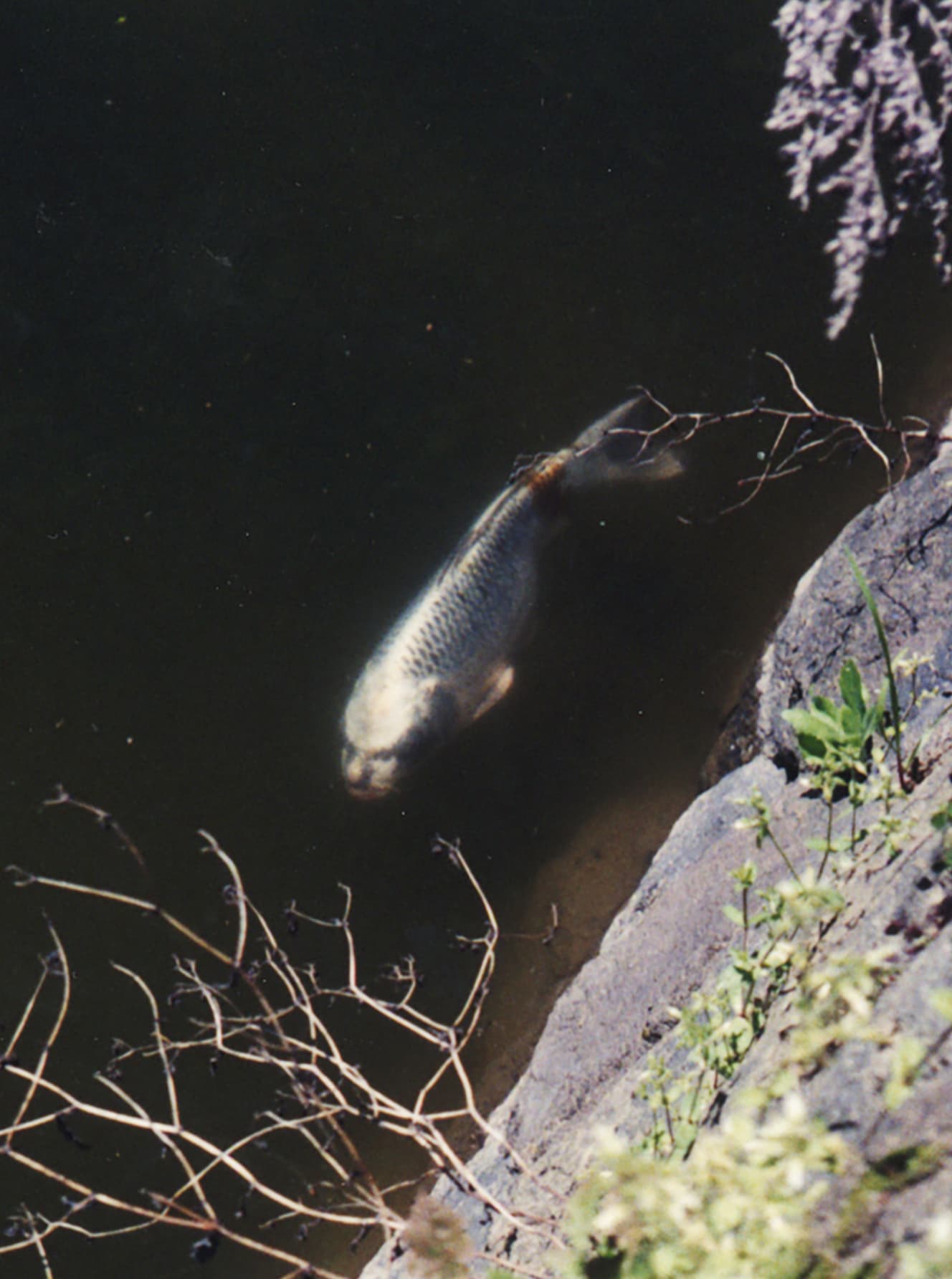40th Anniversary Special: FRIDAY’s Iconic Shots – Capturing the Era’s Most Shocking Moments
The 1990s began with the bursting of the bubble economy.
The 90s began with the bursting of the bubble economy.
FRIDAY, which made its debut on November 9, 1984, has covered a wide range of topics over 2,147 issues since its launch, diving into major disasters, heinous crimes, and the depths of the entertainment industry.
In 1995, as people suffered from economic hardships, the devastating Hanshin-Awaji Earthquake and the simultaneous terrorist attack of the Tokyo subway sarin gas incident by the Aum Shinrikyo cult occurred in quick succession. That same year, a shocking robbery and murder case took place in a supermarket in Hachioji, Tokyo, where three female part-time workers were shot dead. These horrific events shattered Japan’s myth of safety and cast a long shadow over society.
At the same time, strange creatures like the human-faced fish and arrowhead duck sparked a nationwide craze. It was also during this period that the famous actor from the Showa era, Katsu Shintaro, was arrested for drug possession, and the infamous phrase “I won’t wear pants anymore” was born.
In June 1990, FRIDAY published an article about a golden koi in the Zempoji and Kaigui Pond in Tsuruoka City, Yamagata Prefecture, where the pattern on the fish’s head resembled a human face. This was the first report on what would become a huge phenomenon, the human-faced fish.
People flocked to the site to catch a glimpse of it, with up to 10,000 visitors a day at its peak. In their eagerness to get closer to the face, many people even fell into the pond. This led to the creation of variations like human-faced spiders and human-faced trees.
Interestingly, over 30 years later, the human-faced fish is still reported to be present in the pond. Recently, a new appearance has been noted: a black-and-white-patterned catfish, known as the “panda catfish.” This catfish appears white due to a genetic mutation that causes its pigmentation to be lighter than normal. It might be worth a visit to see it for yourself.
Katsu Shintaro Arrested for Drug Possession
May 31, 1991 Issue

After landing at Honolulu Airport on a flight from Haneda Airport, Katsu was arrested in 1990 for possession of cocaine and marijuana in his pants. He was released on the same day, but remained holed up in Hawaii. He was deported in March of the following year and arrested after returning to Japan. The photo was taken when this magazine interviewed Masaru after his return to Japan. In a sense, he was a dynamic and powerful actor representative of the Showa period.
Unzen-Fugen Volcano Eruption
June 14, 1991 Issue

On November 17, 1990, Fugendake in Unzen, thought to be a dormant volcano, erupted for the first time in about 200 years, and pyroclastic flows also occurred in May of the following year. Some media did not follow evacuation orders and continued their coverage, but on June 3, they were engulfed by a massive pyroclastic flow. Forty-three people, including reporters and firefighters, were killed in the tragic disaster.
Great Hanshin-Awaji Earthquake
February 3, 1995 Issue

On January 17, 1995, at 5:46 AM, a magnitude 7.3 earthquake struck the northern part of Awaji Island. This massive earthquake, which hit a densely populated area with advanced living and transportation infrastructures, caused devastating damage, resulting in approximately 6,400 deaths and about 640,000 destroyed homes.
The FRIDAY photographer, who witnessed the destruction, was left speechless by the sight of collapsed bridges on the Hanshin Expressway, spanning 635 meters. Homes engulfed in flames and families standing motionless before their burning houses—people weeping in despair—left him at a loss for words. The bodies of the victims were found in a room next to a gymnasium used as a shelter for evacuees.
One estimate placed the total damage at around 10 trillion yen. The earthquake brought to light many issues, such as the need for better shelter and temporary housing, as well as the widespread use of triage (prioritizing treatment based on urgency and severity of injury).
Infiltrating the Aum Shinrikyo Sarin Facility
April 21, 1995 Issue

Shoko Asahara
June 1, 1995 issue

On the early morning of March 22, 1995, the Tokyo Metropolitan Police and Yamanashi Prefectural Police mobilized approximately 2,500 officers to begin a forced investigation into Aum Shinrikyo. The catalyst for this action was the sarin gas attack on the Tokyo subway two days earlier. In this indiscriminate terrorist attack using the chemical weapon sarin, 14 people were killed, and over 6,300 others suffered health effects.
FRIDAY also entered the Aum Shinrikyo facility in Kamikuji Village, Yamanashi Prefecture, known as the “Seventh Sarin Facility.” Inside, there appeared to be a plant where the cult was manufacturing sarin and VX gas to kill those they considered enemies. The facility, with its pipes running in all directions, seemed to reflect the madness of the cult itself.
On May 16 of the same year, Shoko Asahara (real name: Chizuo Matsumoto), the leader of the cult, was discovered in a secret room at the facility in Kamikuji Village and was arrested. After a lengthy trial, 23 years after the forced investigation, in July 2018, the death sentences of 13 Aum Shinrikyo executives, including Asahara, were carried out. Even today, three organizations that are considered successors of Aum Shinrikyo, including “Aleph,” are still under observation based on the Act on Control and Punishment of Organizations.
Hachioji Super Market Robbery and Murder
August 18 and 25, 1995 combined issue

On July 30, 1995, just after 9 PM, three female employees were shot dead in the office on the second floor of the Nanpei Owada store in Hachioji. Two high school girls were shot once in the back of the head, while the remaining housewife was shot twice in the head. The photo shows investigators carrying out the bodies. The perpetrator has yet to be found, and the police are still seeking information regarding the case.
From the combined issue of FRIDAY on November 22-29, 2024.
PHOTO: Yutaka Asai Eiji Ikeda Shinya Inui Kengo Okura Masatoshi Okauchi Toshio Okamura Takeo Yuzoku Noriyoshi Koizumi Katsumi Sunamori Yozo Soga Ryutaro Takayama Kazunori Tajima Hiroaki Fujiuchi Shizuo Yamakawa Takashi Yoshida Wataru Koji
